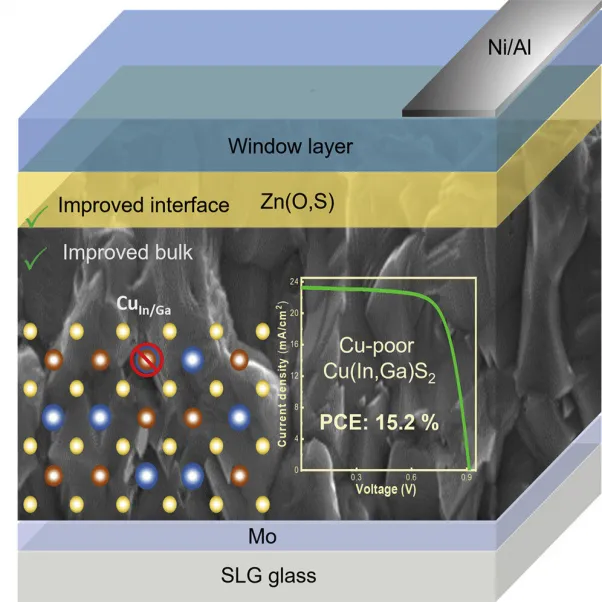Researchers develop solar cell with efficiency of 14%.
- A solar cell established by physicists from the University of Luxembourg and Uppsala University has actually lately been licensed with a performance of 14%, which resembles the globe record of 15.5%. These brand-new searchings for have actually been recently accepted for publication in the worldwide journal of power study Joule.

Solar cells technology has seen significant progress over the last years, placing solar cells amongst the most affordable expense sources of electricity in central Europe. Solar cells have basic physical constraints, and they can never be 100% effective.
Appealing brand-new modern technologies.
Materials for solar cells are constantly a compromise between losing less light and shedding less of the power. This balance can be improved considerably by using 2 different materials and making a tandem solar cell-- solar cells which integrate two private cells and make better use of the solar spectrum. Their efficiency can be larger than 30%. Current solar cells modern technologies that are based on a single solar cell are limited to performances listed below this value. Cu( In, Ga) S2 is a semiconductor material made up of the components copper, indium, gallium and also sulfur, that is made use of in tandem solar cells.
Sudhanshu Shukla and Mohit Sood from the Department of Physics and also Materials Science (DPhyMS) at the University of Luxembourg have actually examined the loss devices in Cu( In, Ga) S2 solar cells and also enhanced the material quality. In an effort to additionally enhance the call materials, they teamed up with Tobias Törndahl of the Uppsala University who has several years of experience with call products. The result of this collaboration was a solar cell with a 14% performance, which can be taken into consideration to be just the start of additional developments.
The 14% solar cell has been licensed by the calibration research laboratory at the Fraunhofer Institute for Solar Energy Systems.
" When we develop solar cells in our laboratory, we measure their performance under well-defined conditions. However, there can constantly be small changes in between various laboratories. As a result, a few laboratories worldwide have actually focused on the certification of solar cell efficiencies. Their results are really similar as well as are for that reason the only ones that are accepted for any kind of claims of record efficiencies," discusses Prof. Susanne Siebentritt, head of the lab for photovoltaics at the University of Luxembourg.
Also read

